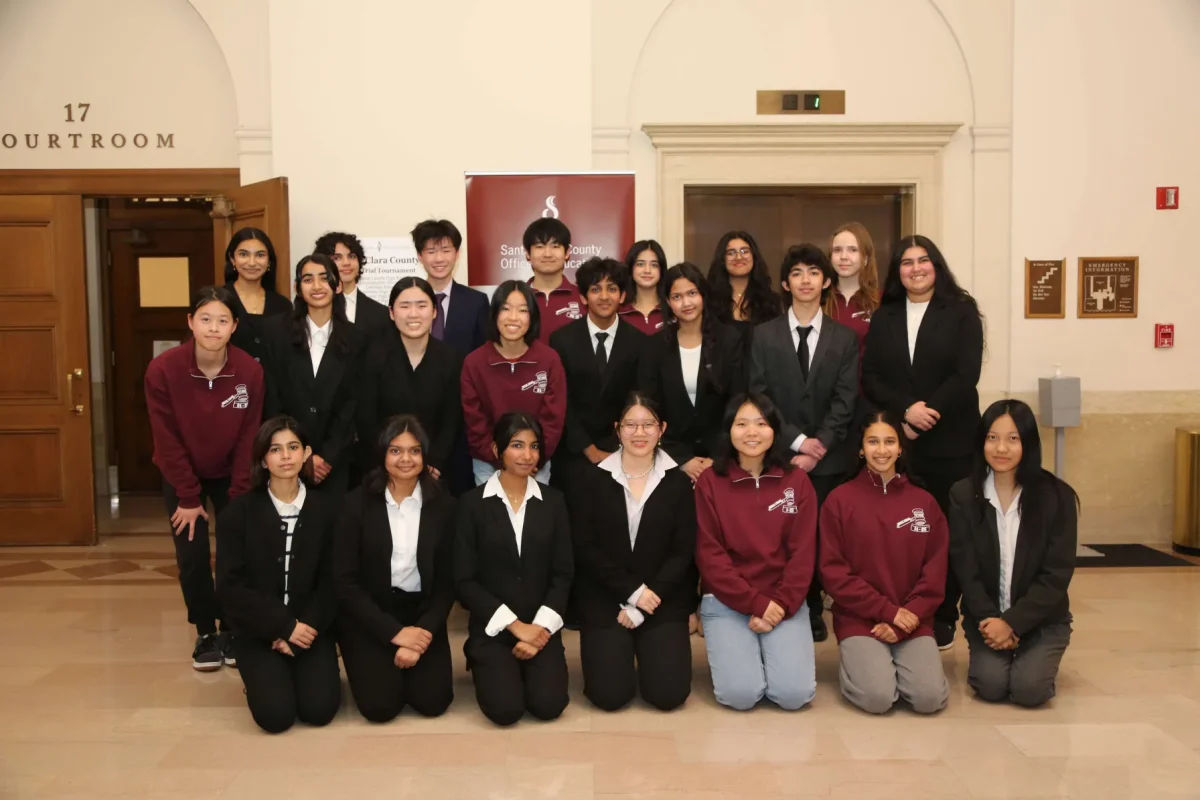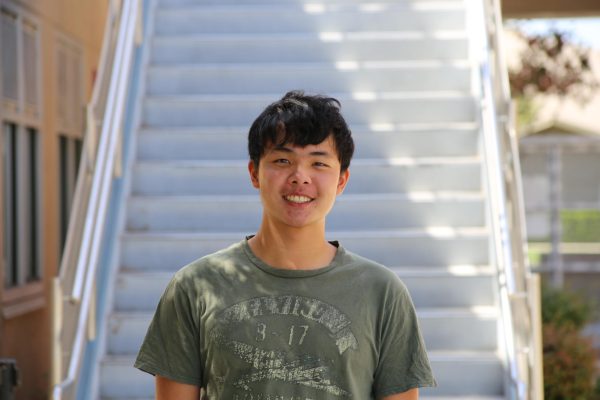Following Cupertino High School’s decision to have only one period of Advanced Placement Chinese, 50 students are now all part of a singular class, raising concerns about each student’s performance.
The class’s size is due to AP Chinese teacher Ying Jin having to choose between a large class of Chinese Honors or a large class of AP Chinese. Jin was given five periods of Chinese to teach, and the number of students inevitably meant that one class would have to be big. She chose the AP Chinese class.
Said Jin, “For me, AP students in AP classes are more matured, more motivated and I taught them in Chinese Four Honors. I know them well. That’s why we just picked AP.”
Mingxin Liu, a sophomore in AP Chinese, expressed concern over an ongoing issue of many students playing video games on their laptops. The teacher was unable to check as she had to spend most of her time teaching the students and supporting them, while the teacher’s assistant was not able to check all 50 computers quickly, allowing students to continue being distracted by the games.
Jin has concerns regarding students receiving proper support and being able to hear her properly, as the classroom is twice as large as a normal one.
“I have to use a microphone so people sitting in the back can hear me well to explain,” Jin said. “With all the backpacks and everything on the ground, it’s really hard for me to always go [to] the back.”
In an effort to combat this, Jin has been trying to encourage students to seek advice from each other. She asks them to pair up and discuss, but feels that it is not the same compared to talking in groups.
In response to Jin’s concerns, Liu said, “The thing is, there’s no big difference between having a partner and having a group. I am doing fine, because you are not really going a step up above Chinese honors. You’re really just applying what you know to a test.”
Despite assumptions that a class size this large would usually mean that the class would be much louder, according to Liu, the large classroom allowed students to be spaced out instead of cramped together, meaning that it became much more difficult to talk with friends. This led to the classroom being surprisingly quieter than other classes.
Liu stated that although Jin was still giving advice, the advice was not as in-depth as it usually was due to the large class size, causing students to potentially not be getting enough support. However, most students in the class came from Chinese-speaking backgrounds, allowing them to turn to their parents or relatives for help with homework or concepts that they do not understand.
This brings up concerns on how well students who do not have a background in Chinese are doing, as these students do not have access to relatives or family members that speak Chinese, cutting them off from a valuable source of help and information that the other students have to compensate for the lesser amounts of support in class.
However, the AP Chinese class seems to be operating as normal despite the large class size. Even with issues such as less support and lack of surveillance, the class has done well according to Jin, who stated that the students performed well overall on a recent quiz.










